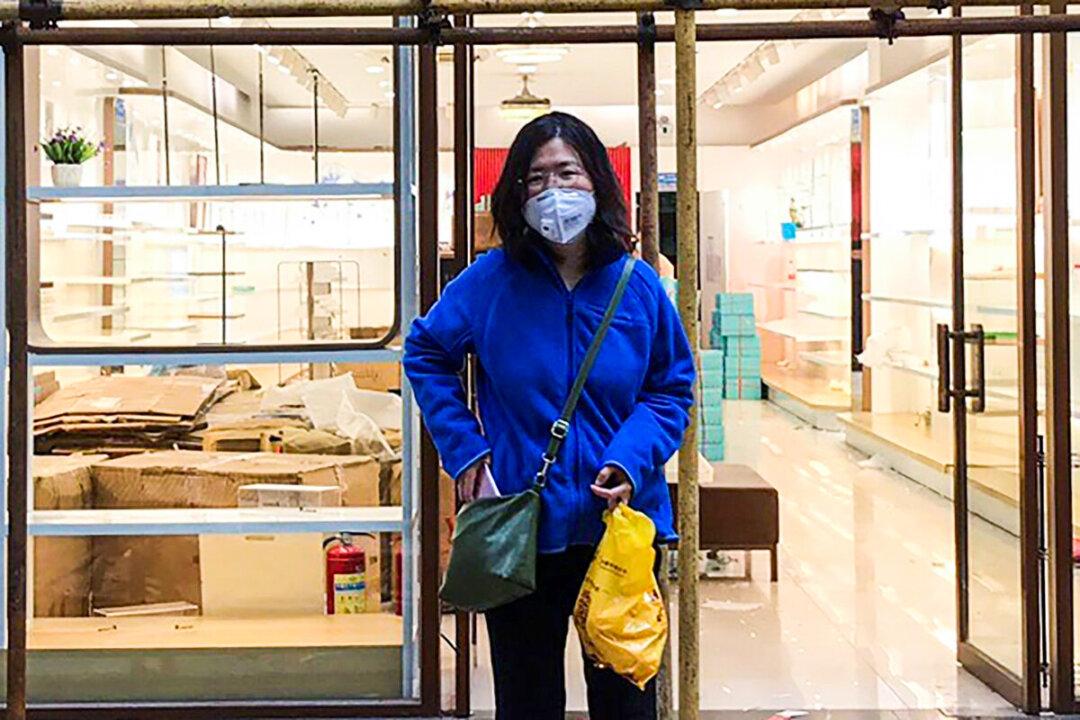The U.S. State Department said on Nov. 8 it is “deeply concerned” about the deteriorating health of citizen journalist Zhang Zhan, who has been on a prolonged hunger strike and has been force-fed while imprisoned for reporting on the early days of the pandemic in China.
He said: “We have repeatedly expressed our serious concerns about the arbitrary nature of her detention and her mistreatment during it. We reiterate our call to the PRC for her immediate and unconditional release, and for Beijing to respect the free press and the right of people to express themselves freely.”
With heavy government censorship in China, the general public often rely on citizen journalists to keep them informed about events—especially during sensitive incidents that often go underreported or only communicate the official party line.
Zhang, a citizen journalist and Shanghai native, traveled to the Chinese city of Wuhan, the early epicenter of the outbreak, in February 2020 to inform others about first-hand sources she had heard or seen.
The front-line worker at one point captured on video incinerators operating late into the night at a local funeral parlor, as well as the overburdened health system, which non-state-run or western media would find difficult to access. Zhang shared less-known yet wide-circulating clips on WeChat, Twitter, and YouTube, before she lost contact with the outside on May 14, 2020.
While she was not the only citizen journalist to sound the alarm about the severity of the Wuhan outbreak, Zhang is the first to face an open trial. She was arrested in Shanghai in June 2020 for “picking quarrels and provoking trouble,” a charge commonly used by the CCP against political dissidents.
“I don’t think she can last a long time,” Zhang Ju wrote on Oct. 30. “I wish the world would remember what she looks like if she fails to survive this coming cold winter.”

International rights group Amnesty International called on China to release Zhang for medical treatment following the brother’s post.
“Zhang Zhan, who should never have been jailed in the first place, now appears to be at grave risk of dying in prison,” said Gwen Lee, a China campaigner at the organization.
Chinese Foreign Ministry spokesman denied the human rights accusation on Nov. 6, calling it “anti-China political manipulation.”




